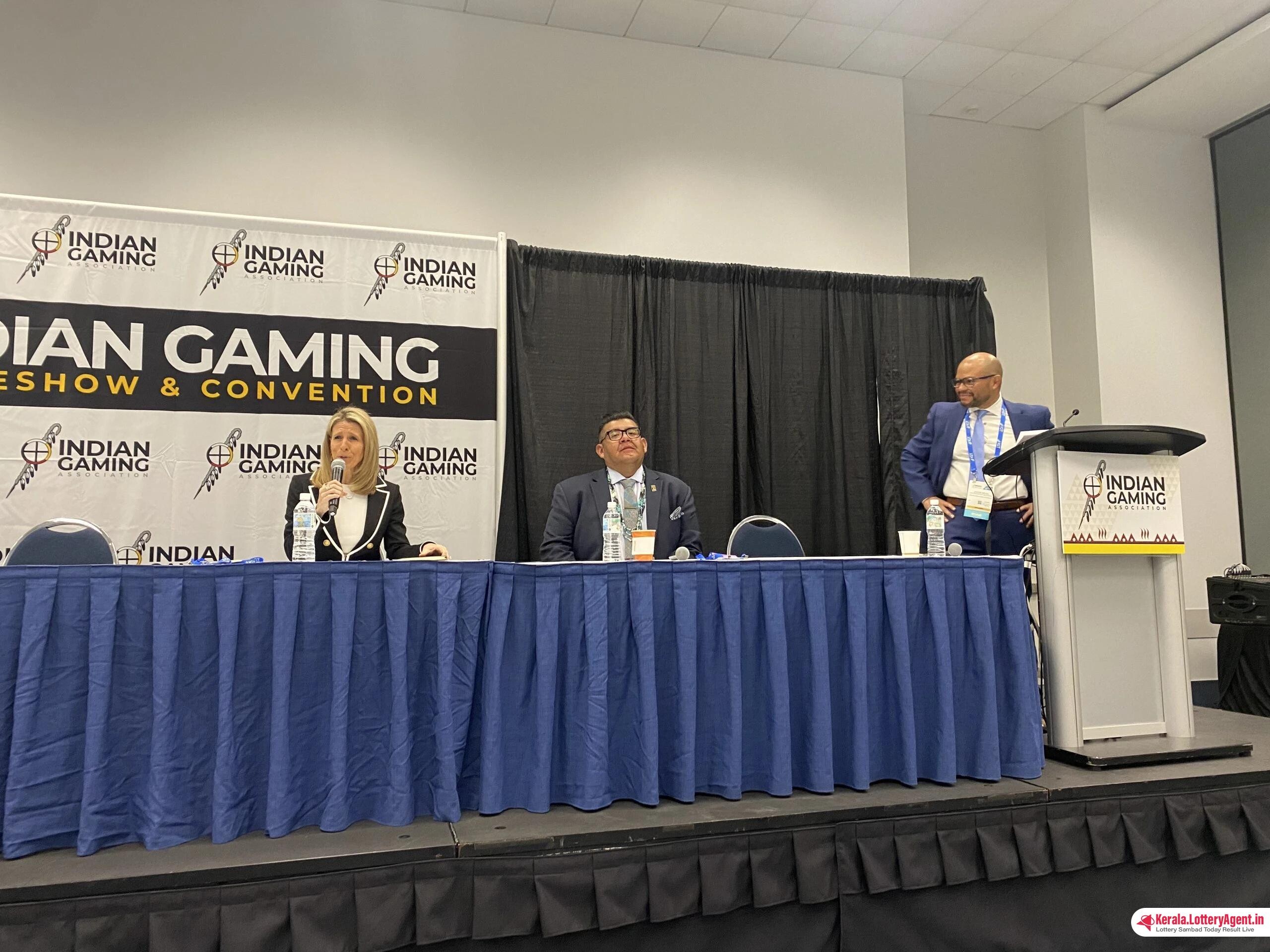
The stage was set with a sense of newfound camaraderie as key figures from the tribal casino industry and commercial betting giants came together to discuss the intricate future of sports betting in California. Amy Howe, joined by CNIGA chairman James Siva and Jacob Mejia of the Pechanga Development Corporation, engaged in a candid dialogue that underscored their mutual readiness to proceed together in an arena that has previously been marred by intense rivalry.
In a remarkable shift of tone from preceding events, these parties grappled with the fallout of Proposition 27, which sought to legalize online sports betting but met with a decisive rebuff from voters in 2022. Back then, millions had poured into campaigning for the proposition by commercial operators like FanDuel and DraftKings, all in vain. Although tribes responded with Proposition 26 – another failed initiative – their victory was in squashing Proposition 27, making clear their preference for blocking the competition rather than gaining voter approval for their own measure.
2026 now looms on the horizon as the next window for California to embrace sports betting, providing a precious interval for all interested factions to mend rifts and strategize in unity. The dialogue at this gathering reflected the commitment to foster an environment where both the commercial and tribal interests could align.
Central to the conversation was the concept of tribal sovereignty and exclusivity, with Howe offering insights into these core principles. For her, sovereignty represents the “inherent authority for tribes to govern themselves,” a nuanced understanding aligning with the tribes’ stance. Reflecting on past strategies to push for legalization without tribal endorsement, Howe characterized these attempts as “well-intended but misguided and ill-informed.” In a moment of levity and admission of error, she showcased Frank Sizemore’s – a former tribal executive now with FanDuel – notebook brandishing a telling “NO ON 27” sticker.
The addition of seasoned tribal industry veterans like Sizemore, former San Manuel COO Rikki Tanenbaum, and Sequoyah Simermeyer to their team signifies FanDuel’s commitment to grasping the intricacies of tribal gaming and navigating the sensitive landscape.
Throughout the assembled discussion, Siva maintained a firm perspective, declaring that “tribes will remain the sole operators in California.” Acknowledging that sports betting expansion is an inescapable trajectory, he stressed the importance of a collective approach for carving out the path forward. Siva’s analogy – “We have the destination, now we’re just carving the path,” encapsulates this sentiment.
Inquiring about the future, Howe concurred with Siva, convinced that success for any future ballot measure hinges on broad tribal consensus. This understanding is underpinned by recent polling data suggesting that voter attitudes have hardly shifted since the 2022 propositions were voted down.
Howe was keen to emphasize the unique landscape of California, distinguished by enormous revenue potential and the distinctive sway of tribal entities. She pointed out that tribes are already forfeiting potential profits due to unregulated black market sites that have operated in the state for years, even decades.
Siva delivered a clear-cut message to FanDuel and their commercial counterparts as the discussion drew to a close: “Get out of our way – we know what we are doing, be patient, and listen to the tribes.” This forceful remark is a testament to the tribes’ confidence in their understanding of the industry and their role within it.
As the state of California slowly approaches the potential legalization of sports betting, the road ahead is paved with the promise of cooperation and respect for tribal sovereignty. The takeaway from this gathering is clear: any future proposals will require not just an alliance but a chorus of tribal voices to lead the way.












